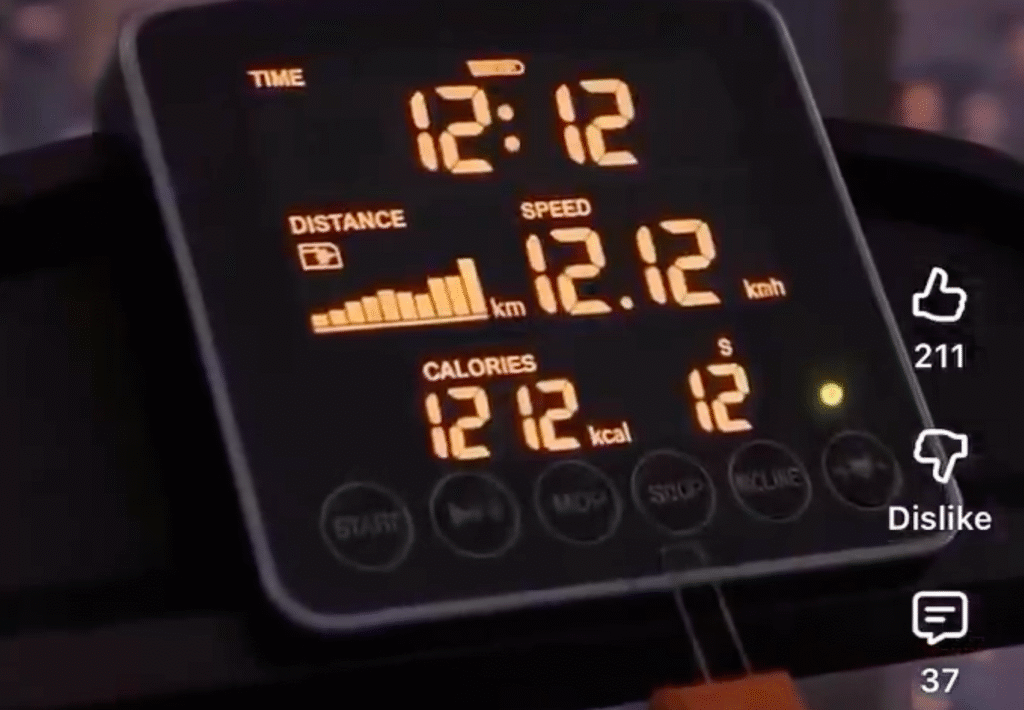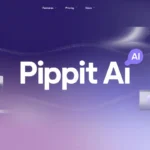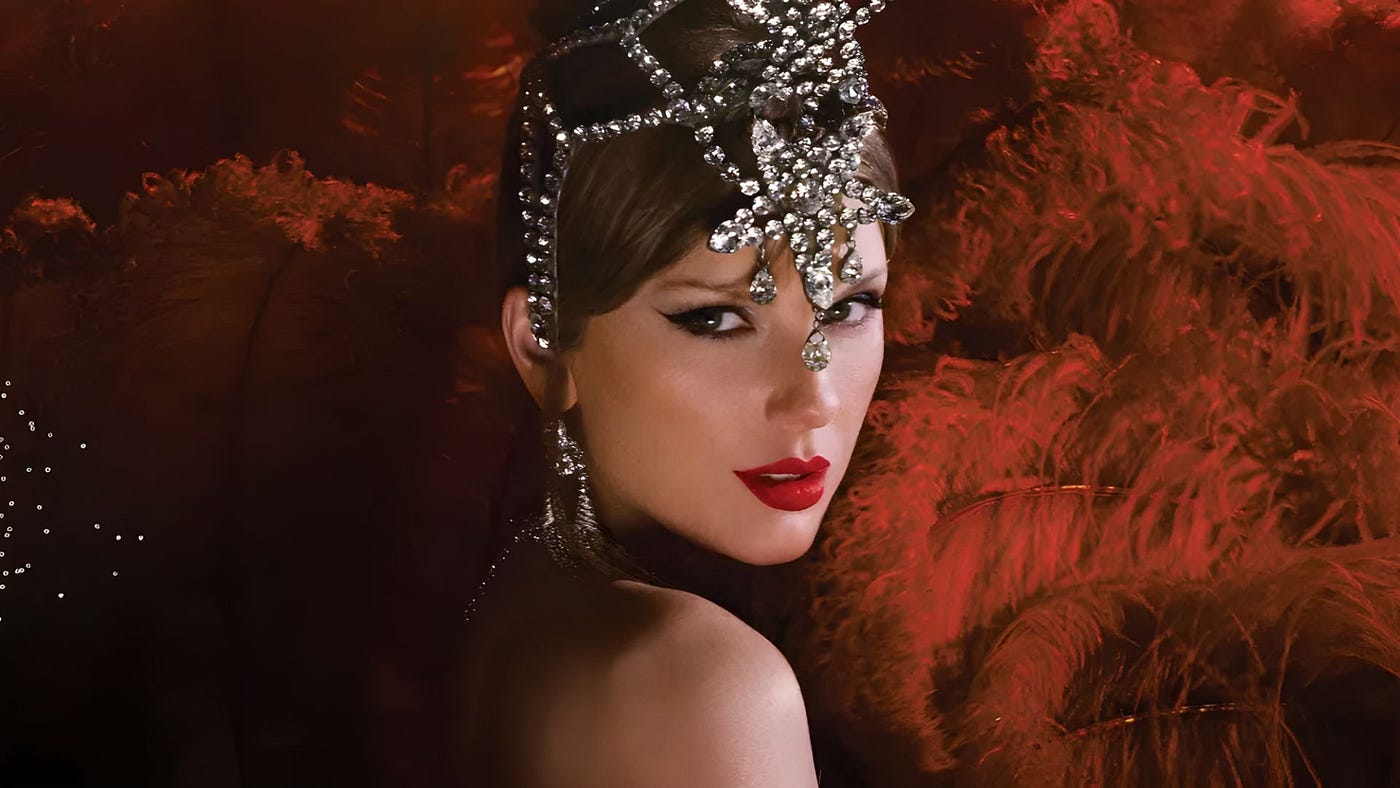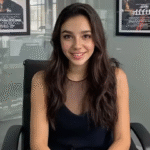In October 2025, Taylor Swift is facing intense scrutiny over her promotional strategy for The Life of a Showgirl, as fans and critics accuse her of using artificial intelligence (AI) to generate visuals in the campaign—particularly the enigmatic “Orange Doors” puzzle videos.
What’s Going On
Swift’s marketing team rolled out an immersive treasure-hunt style campaign involving 12 bright orange doors placed in major cities around the world. Each door featured a QR code that led fans to short teaser videos and puzzles that gradually reveal a hidden message.
But soon after the campaign took off, observers began pointing out oddities in the visuals—morphing text, blurred transitions, and merging objects—that raised red flags suggesting AI generation.
Some commentators with experience in generative video tools claim the clips show telltale signs of AI artifacts. Others believe only parts of the visuals were AI-assisted, rather than wholly computer-generated.

Fan Reactions & Backlash
The reaction among fans ranges from confusion to disappointment. Some feel that Swift’s alleged use of AI contradicts her long-held image of authenticity and control over her music. One vocal criticism goes: “You spent five years reclaiming your art—now this?” The sentiment echoes through social media and fan forums, where longtime supporters say the move feels at odds with her past advocacy for artistic integrity.
In Reddit threads discussing the campaign, users debated whether the use of AI in promotion is acceptable, especially for an artist of Swift’s stature.
Context & Stakes
The controversy comes at a moment when AI in art and marketing is under heightened debate. Questions about creative authorship, the displacement of human artists, and ethical boundaries are central to the discussion.
For Taylor Swift in particular, this issue hits hard: she has historically built her brand around personal storytelling, artistic ownership, and emotional connection with fans. If the AI accusations hold, critics argue it could cast doubt on the sincerity of her creative vision.
Official Response & Speculation
So far, neither Swift nor her representatives have offered a substantive public acknowledgment of the allegations. Media outlets reached out for comment but did not receive a definitive denial or explanation.
Industry watchers speculate the campaign could involve a hybrid approach: human design overlaid with AI-aided enhancements. Others suggest a tech partner might have handled the visuals independently, leading to unintended artifacts.
Why This Matters
This episode is more than a celebrity story—it underscores a broader tension in the music and marketing industry. The use of AI for promotion challenges norms of authorship, transparency, and fan trust. It forces audiences to ask: when does support from AI become a substitute for artistic labor? And what responsibility do artists have to disclose AI involvement?
In Taylor Swift’s case, if the backlash grows louder, she may need to respond publicly—either by clarifying her creative process or acknowledging missteps. Whatever the outcome, “Taylor Swift AI promo” will likely be a case study in how pop icons navigate the blurred line between technology and artistry in the AI era.









